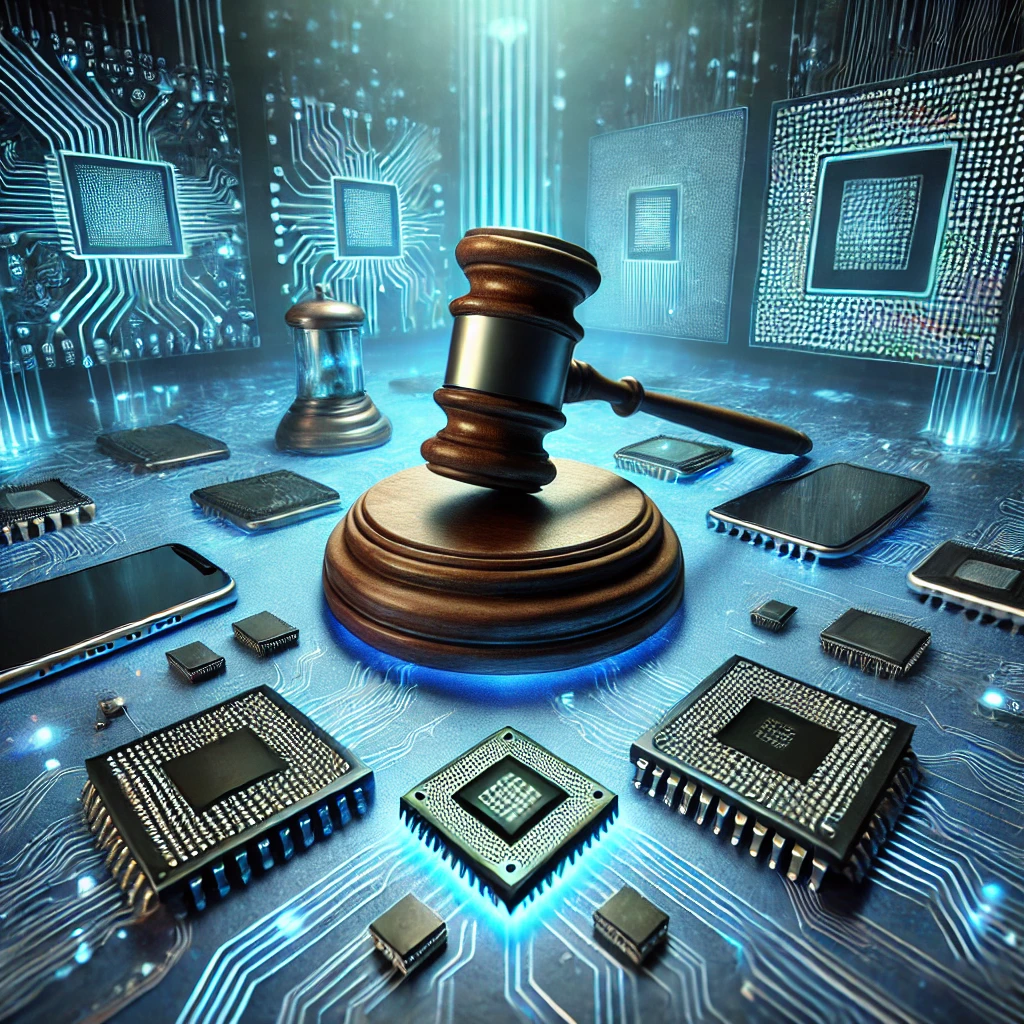The ongoing lawsuit between Arm Holdings, a subsidiary of Japan’s SoftBank, and Qualcomm, a U.S.-based company, holds the potential to profoundly impact not only the semiconductor industry but also technology companies worldwide. This case is a quintessential example of disputes over intellectual property rights and is being closely watched as it tests the limits of collaborative relationships that drive technological innovation.
Arm and Qualcomm: The Background of Tensions
Arm provides the foundational semiconductor designs widely used in smartphones and IoT devices, and Qualcomm has long been one of its major customers. The current lawsuit revolves around Qualcomm’s 2021 acquisition of Nuvia, raising questions about the scope of their collaboration agreements and the ownership of intellectual property.
Arm argues that Qualcomm should have renegotiated its licensing agreements following the Nuvia acquisition and is seeking to impose restrictions on the use of its technology. On the other hand, Qualcomm contends that its existing licenses extend to Nuvia’s business as well. This clash hinges on the interpretation and scope of their contracts.
Challenges Surrounding Intellectual Property Rights
Intellectual property (IP) is one of the most critical assets in the modern tech industry. As Arm’s CEO has emphasized to the jury, protecting inventions is a cornerstone of supporting technological innovation. At the same time, companies like Qualcomm leveraging existing licenses to enter new markets contribute to the industry’s overall growth. Balancing these interests is a central theme of this lawsuit.
Implications for the Industry
Both Arm and Qualcomm are pivotal players in the tech ecosystem. Depending on the lawsuit’s outcome, several significant impacts could emerge:
- Industry Restructuring
If the ruling favors Arm, it could lead to widespread renegotiation of licensing agreements. Conversely, a Qualcomm victory might encourage moves to expand the scope of existing contracts.
- Effects on Innovation
Stricter enforcement of IP rights could increase the cost of technology use for smaller companies and startups, potentially slowing the pace of innovation across the industry.
- Legal Clarity
This lawsuit could set a legal precedent for IP-related licensing agreements, offering guidance to companies seeking to avoid similar disputes in the future.
Conclusion
The Arm vs. Qualcomm dispute transcends being a mere corporate conflict and has the potential to redefine the rules governing the tech industry. Through this lawsuit, we must reconsider how to strike a balance between protecting intellectual property and promoting technological advancement.
